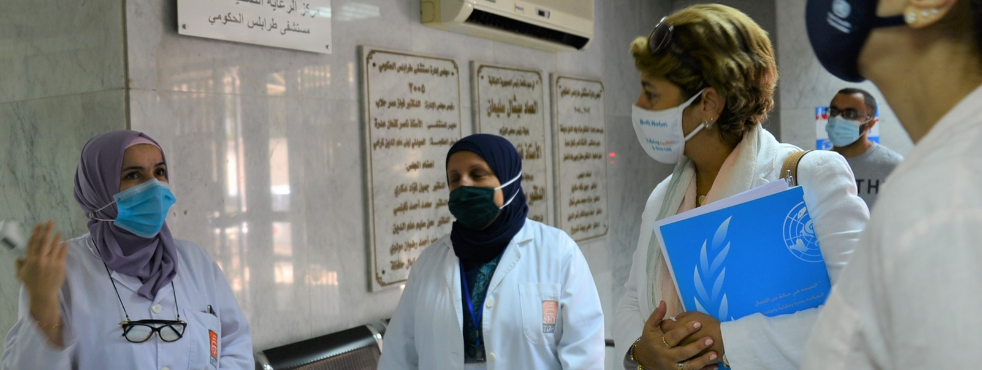
3 November 2021 – TDR, the WHO Regional Office for the Eastern Mediterranean Region and the WHO Health Security Preparedness Department are pleased to announce the 13 recipients of grants to conduct research on health security preparedness.
Health emergencies pose significant risks to communities, organizations and governments across the world. Hazardous events create the risk of morbidity and mortality, interruption of essential health services, and wider uncertainty and economic disruption. Improving health security and preparedness can help avert these harmful, and often inequitable impacts.
Operational and implementation research should be a key part of the design and review of preparedness programmes at country level. Yet there is a scarcity of research and development in health security/emergency preparedness, especially in the WHO Eastern Mediterranean Region, which can guide national and sub-national decision-making and the development of guidance for emergency preparedness at national, regional and global levels. The ongoing COVID-19 pandemic highlights the challenge of effectively measuring the presence of such capacities and the need for more research in these areas of work.
To address this gap, grants have been awarded for 13 projects from nine countries that will document, synthesize and disseminate evidence of capacities for implementation of the International Health Regulations (IHR) (2005), health security and health emergency preparedness.
| Country | Grant recipient Last Name |
Grant recipient First Name |
Project title |
| Islamic Republic of Iran | Hoveidamanesh | Soodabeh | A survey of the COVID-19 infodemic and social media in Iran and proposed strategies for managing it |
| Islamic Republic of Iran | Yarmohammadian | Mohammad | Designing an integrated resilient system for promoting inter-organizational partnership for the health system (emphasis on networking in disasters and emergencies) |
| Jordan | Jalabneh | Rawan | Upholding quality and patient safety during COVID-19 across public, private, military and university-affiliated hospitals in Jordan |
| Lebanon | Haddad | Nadine | Roadmap for national post-COVID-19 recovery strategy for children under 18 years old in Lebanon |
| Occupied Palestinian Territory | Abu Ali | Khaled | Evaluation of IHR (2005) implementation in Palestine in the context of a variety of crises |
| Pakistan | Naz | Sumera | Assessing the capacity of the provincial laboratory system of Khyber Pakhtun Khua province of Pakistan in accordance with IHR indicators for responding to the COVID-19 pandemic |
| Pakistan | Jabeen | Aleya | Evaluation of Infection Prevention and Control implementation and level of health security preparedness at subnational facility level in underdeveloped areas of Pakistan |
| Qatar | Bansal | Devendra | Pandemic fatigue, risk perceptions and their effects on adherence to protective measures against COVID-19 in craft and manual workers in Qatar |
| Sudan | Ibrahim | Motaz | Assessment of influencing role of risk communication and community engagement strategies in community response to COVID-19 vaccination programmes |
| Sudan | Ismail | Salwa | Assessing the multi-sectorial coordinated efforts toward strengthening the public health security in Sudan`s COVID-19 response |
| United Arab Emirates | Aljawarneh | Yousef | The associations between risk perception, cognitive fatigue, stigma and quality of life with long-term implementation of social measures during the COVID-19 Pandemic in the UAE: a correlational study. |
| Yemen | Abdul-Ghani | Rashad | COVID-19 vaccine hesitancy and its associated predictors among healthcare providers in Sana’a city, Yemen |
For more information, please contact


